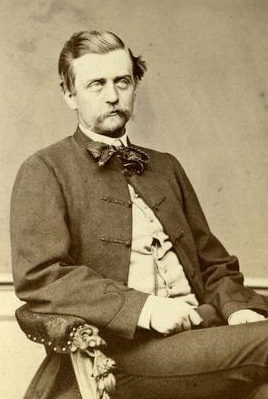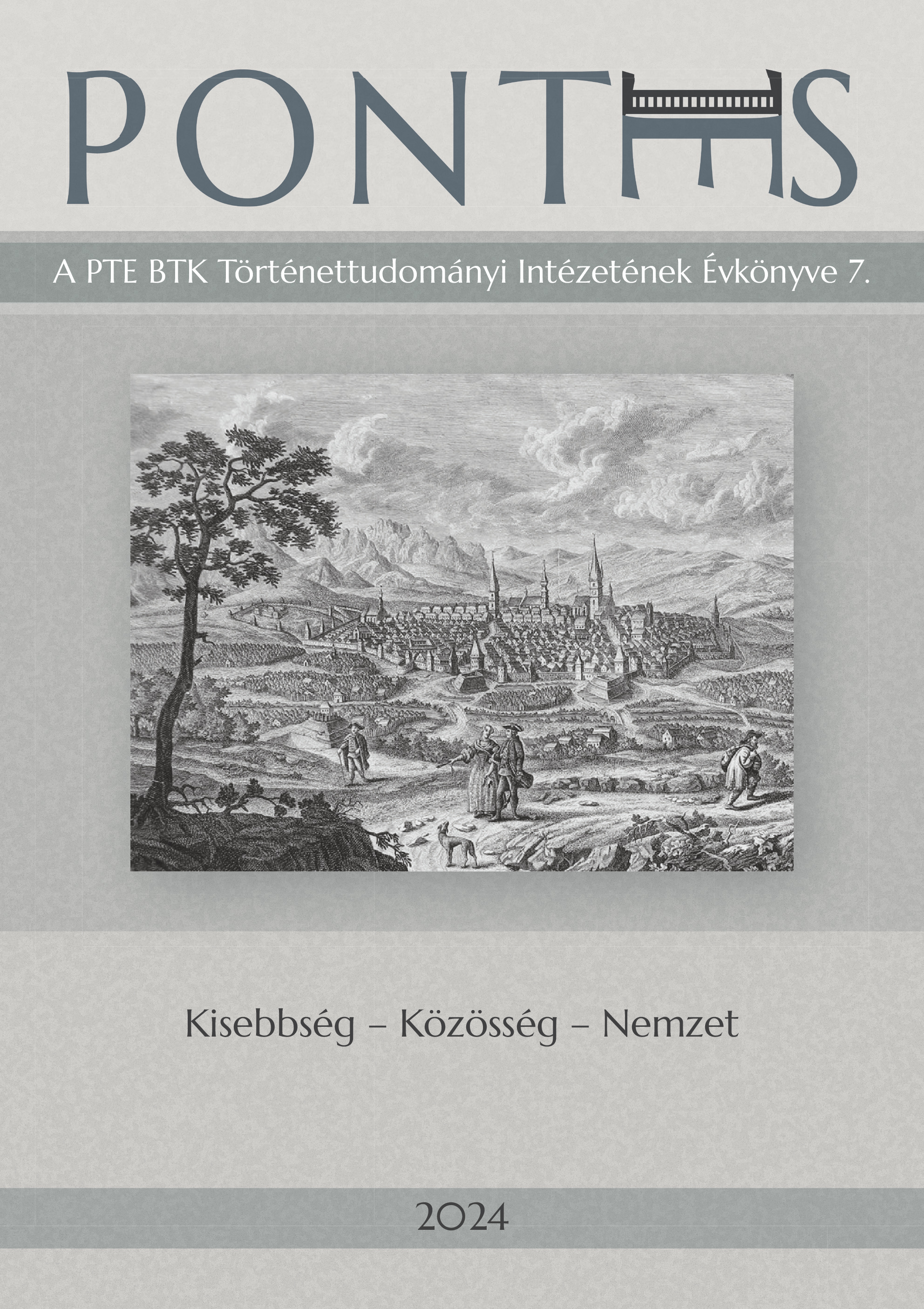Önkormányzatból hivatal?
Szapáry Gyula szerepe a megyerendszer etatista modernizációjában
DOI:
https://doi.org/10.15170/PONTES.2023.06.01.07Kulcsszavak:
Office, Hungarian county-system, municipal autonomy, virilism, social conservativism, centralisation and bureaucratisatism in local and regional administration, rational arrondissementAbsztrakt
The study examines the chief steps of Hungarian public administration’s modernisation during the period of dualism, and the role of Gyula Szapáry as a government official, Minister of the Interior and later Prime Minister in the aforementioned process. He had to regulate a disobedient county, as the county under his authority managed to make a stance against the dualist compromise. In consequence of this former experience and his personal views, Szapáry supported and represented the government’s efforts to modernise the counties on conservative social foundations and with a step towards centralisation. As Minister of the Interior he initiated the redefinition of county boundaries, with a crude enforcement of bureaucratic rationalization and without the respect for traditions. As Prime Minster, he attempted to nationalise the municipal-system by transforming the elected county deputy officers into an appointed bureaucracy. His efforts were so much opposed by public opinion, that he could not push his government bills through.

Downloads
Megjelent
Folyóirat szám
Rovat
License

This work is licensed under a Creative Commons Attribution-NonCommercial-NoDerivatives 4.0 International License.














